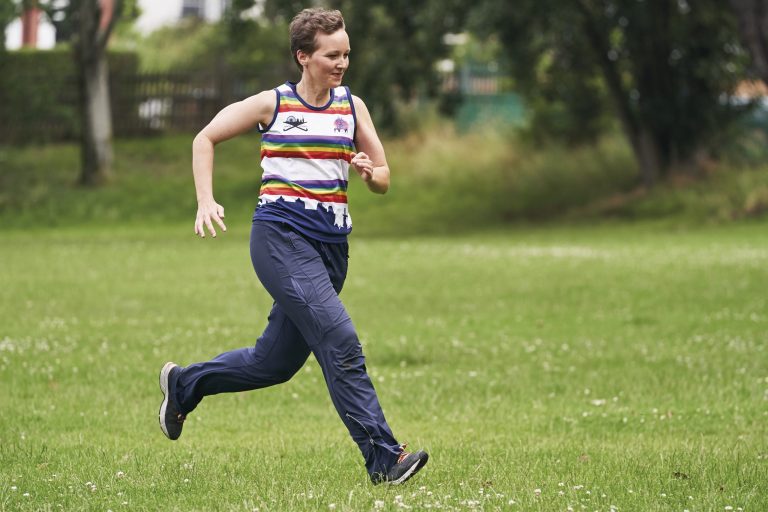43% of 120,000 parkrunners are female, yet they are more likely to be classified as ‘reluctant runners’ than men.
Through a series of interviews and focus groups with parkrun volunteers and participants this case study sheds light on the motivations and barriers women face in taking part in parkrun on a regular basis.
Report Contents:
- Barriers and motivations to participation
- Interview excerpts
- Six suggested interventions
Recommendations
To encourage women to ‘tip’ into action and experience the benefits of parkrun, the following six interventions were identified:
- Targeted reminder communications
- Targeted social media
- First timer information
- First timer briefing
- Video content
- Align to women’s values



